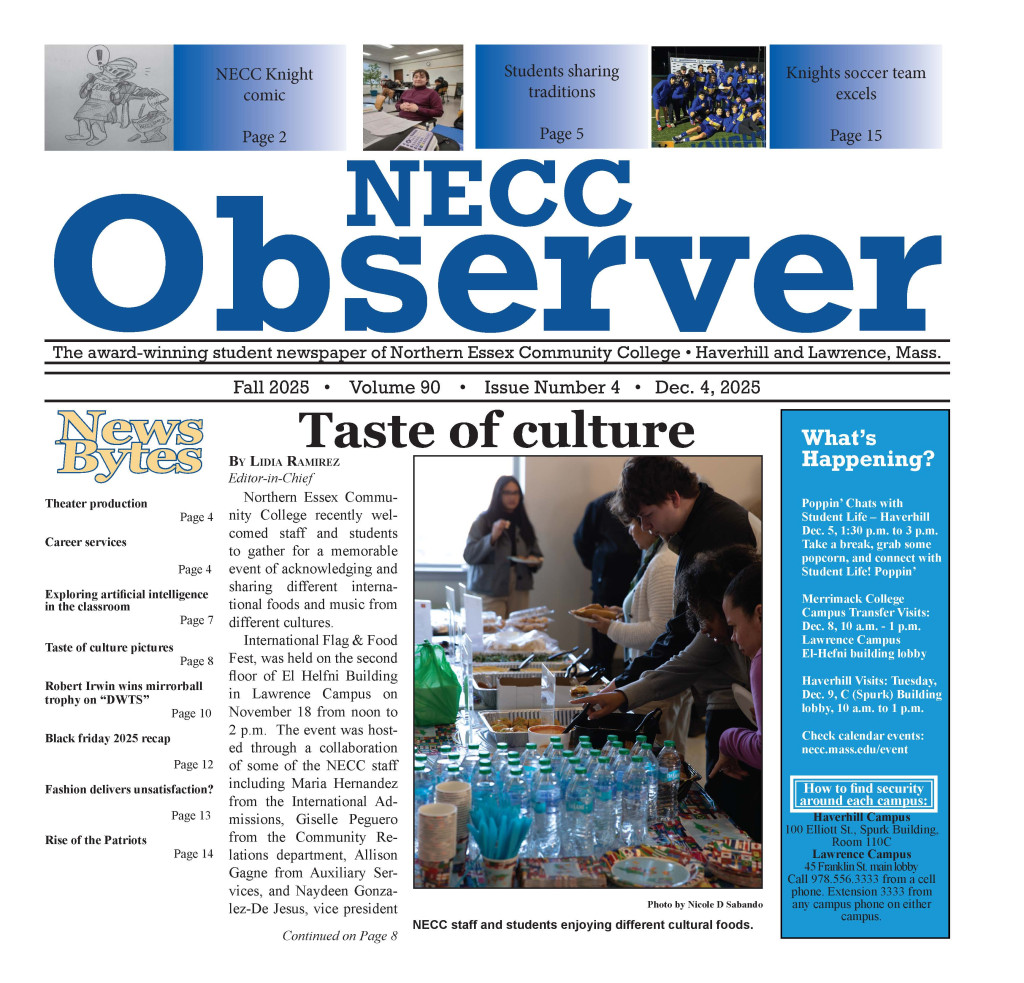Many individuals and adolescents have to go through the experience of menstruation monthly.
This occurence not only comes along with cramps, pains, bloating, and mood swings, but it also comes with a cost. Many women have to purchase products to control the outcome of such. They often have to spend a considerable amount of money on tampons, panty liners, pads, discs and so forth. This event is uncontrollable in these individuals, so why do we treat these products as luxury items, and not as an essential requirement?
Throughout the world, there is limited access to free period products, and some individuals are forced to use rolled up toilet paper, old clothes or miscellaneous materials for protection. Without proper protection, they risk embarrassment, anxiety and ridicule. Presently, the ability to purchase these products shouldn’t have to be the burden of another bill. Obstetrician Huma Farid stated that “There is no equity when half the population bears the financial and physical distress as a consequence of the reproductive cycle needed to ensure human survival.” Which brings us to the conclusion, that the lack of access to such necessities is a violation of human and constitutional rights.
There is a stigma of shame that surrounds menstruation that needs to be broken, by advocating and eliminating social norms. ALL who experience their period should be able to manage it with dignity.
This is a RIGHT, not a PRIVILEGE. All should have access to these products, for FREE. It needs to be free in all institutions, jails, schools, public restrooms, and perhaps less expensive and free of taxes where they are sold. There will be no change to period poverty unless a bill comes into play worldwide, that will provide menstrual equity for all.
According to an article from Children’s Hospital of Philadelphia, it states that in a survey of 1,000 teens, 1 in 5 struggle to purchase menstruation products. Furthermore, 4 in 5 students have missed class, or know of someone who has due to this dilemma. It also explains how government benefits such as SNAP, and WIC don’t cover menstrual supplies. Many students rely on such supplies that are provided in schools, and other institutions. However, although there are mandates in place, they do not cover funding which causes another conflict with obtaining supplies.
Here at NECC, the Community Resource program has partnered with an organization called Dignity Matters, who supplies us with feminine hygiene products. We provide these supplies for free at our food pantries, unlimited for your entire family. In addition, If you are around campus, you will see in every first floor womens, gender neutral and accessible restroom they are available in a basket with a QR code that will bring you to the Community Resource programs and services. For food pantry appointments, and additional services please visit the Community Resource website at: www.necc.mass.edu/food.

